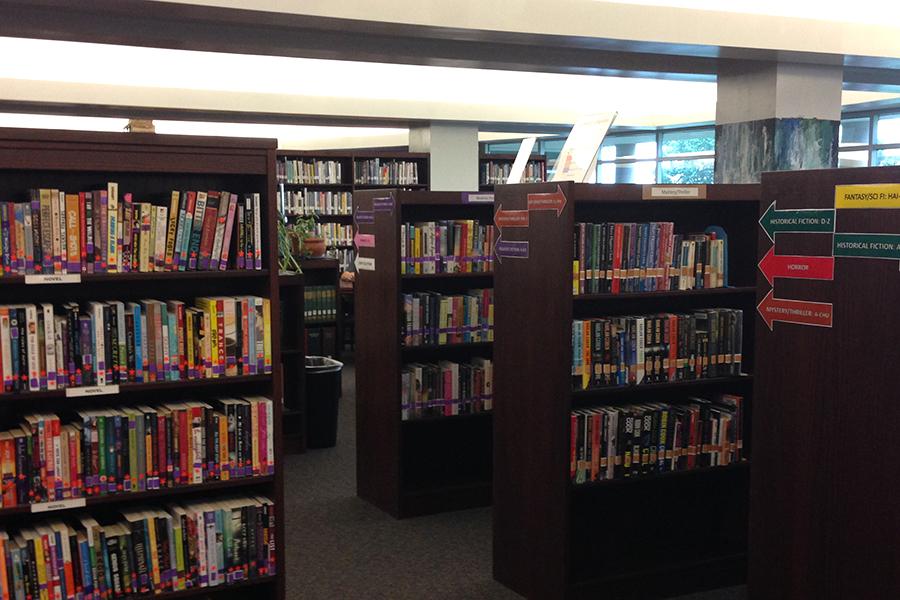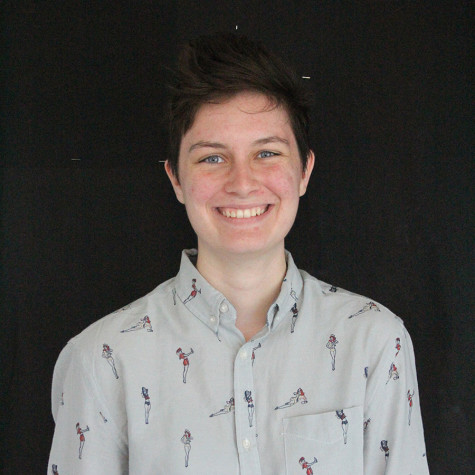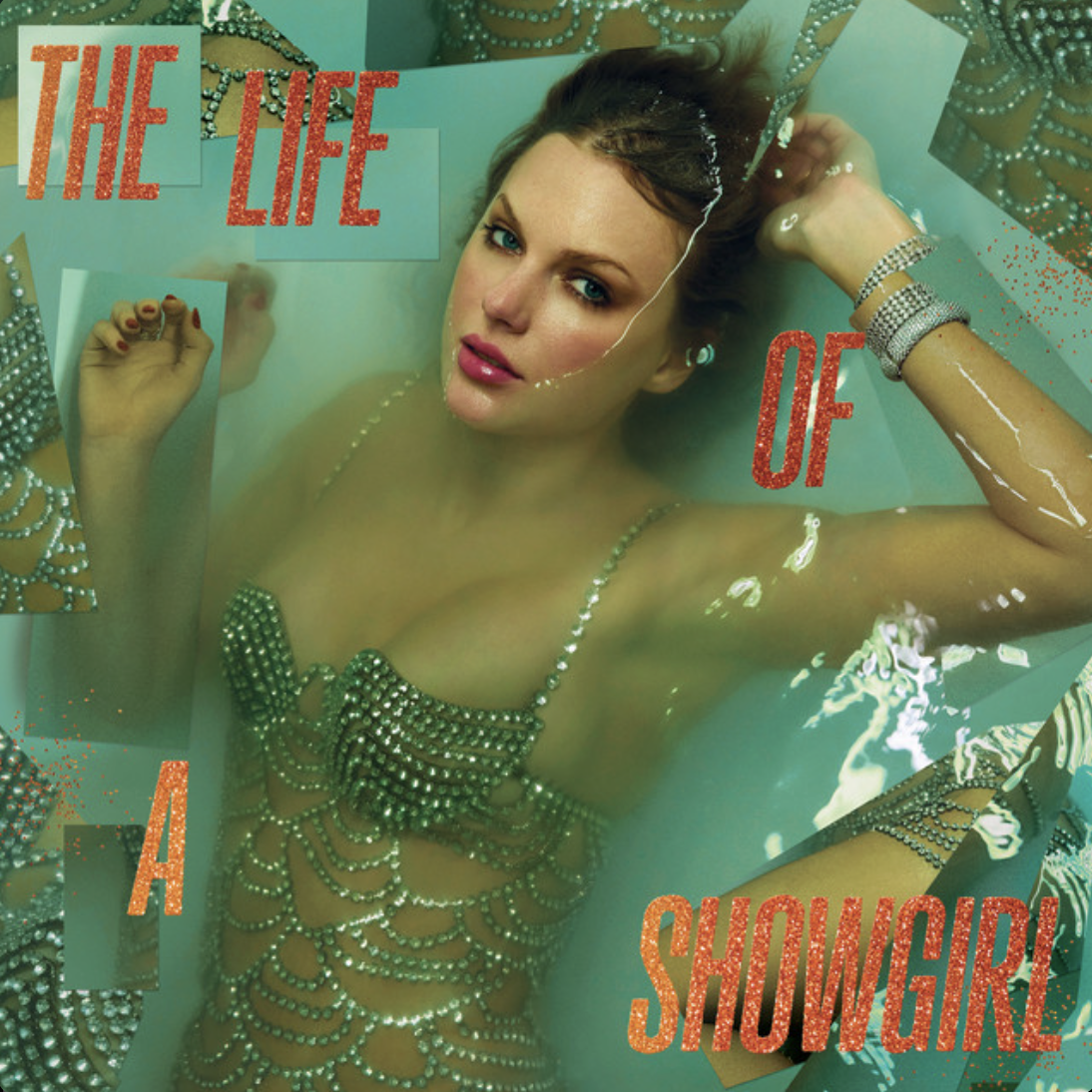Banned Books Week at BVNW
September 25, 2014
In recognition of Banned Books Week, BVNW students and staff discuss the reasons behind the school’s choice to include frequently banned and challenged books in the curriculum, as well as celebrate their literary freedom.
“[Banned Books Week] is a way to make people aware of books that have been banned for eons in this country,” librarian Oksana Thompson said. “…Just making them aware that there’s censorship that has been around for a long time.”
Thompson said books are challenged or eventually banned in certain areas, schools, libraries or districts when someone in that area feels the book is inappropriate in language, content or otherwise and decides to try to make the certain book unavailable there.
Senior Camille Abdel said she believes it is important to celebrate Banned Books Week because a lot of the books that are banned are quality books that should still be enjoyed by readers. She said it is necessary to be able to read such books because they represent reality, even if they are controversial.
“I think that when we’re young we’re supposed to be sheltered or not really exposed to reality, but I don’t think that’s true,” Abdel said. “I think that, if anything, we should learn from books and learn about the world from them and other people’s points of view.”
English teacher Bill Smithyman said that books in the BVNW curriculum that have been frequently challenged for the controversial life situations they depict often cause the students to discuss and think about the author’s greater purpose in writing about such things, which he said is one of his main purposes when teaching controversial books.
“[It’s the discussion of ‘Why would an author do that to us?’ and ‘What does this reveal?’,” Smithyman said. “Sometimes it’s that discussion that makes it necessary to be taught, in a way, or necessary to at least examine and then form your own opinion.”
Smithyman also said students’ knowledge of the fact that a certain book they are reading in class is frequently banned or challenged in other areas is often motivation for the students to become more interested in the book.
Books that are considered controversial also serve as a means of allowing students to look at history and compare society in the past, for example the use of the ‘n’ word in The Adventures of Huckleberry Finn, to what is now acceptable and why it is what way, Smithyman said.
“Anything that has been banned now has an element of historical value to America that is worth looking at,” Smithyman said.
Before teaching any book that is banned frequently in other areas, Smithyman said there are multiple conversations that take place from the teacher group and eventually to District Office.
“To teach a banned book is not something we take lightly,” Smithyman said. “I think that we do our best to educate ourselves on how to put that in the classroom so that everyone walks out feeling like they’ve had a value to it, but that their beliefs haven’t been squashed or questioned.”
Smithyman said he sometimes worries about how students will communicate with each other during the discussion of a banned book, and how each individual student will accept and perceive the book. Despite this, he said controversial literature is a way to keep students intellectually engaged and cognizant of the world of around them.
“I can’t control what comes out of the 28 mouths in the classroom,” Smithyman said. “That to me is the scary part but it’s also a thrilling part, because I like to see you guys process things that are meaningful in this world…If I’m going to represent what the world is to you guys in this bubble, then we have to go outside of the bubble, and banned books and controversial literature helps us do that.”
Like Smithyman, Abdel said books are a reflection of the world in which we live, and that controversial books should still be written and read, because they allow students to learn about the world and reality.
“I think it’s important for books to discuss controversial topics and important for books to push the boundaries,” Abdel said. “They’re more interesting that way.”







